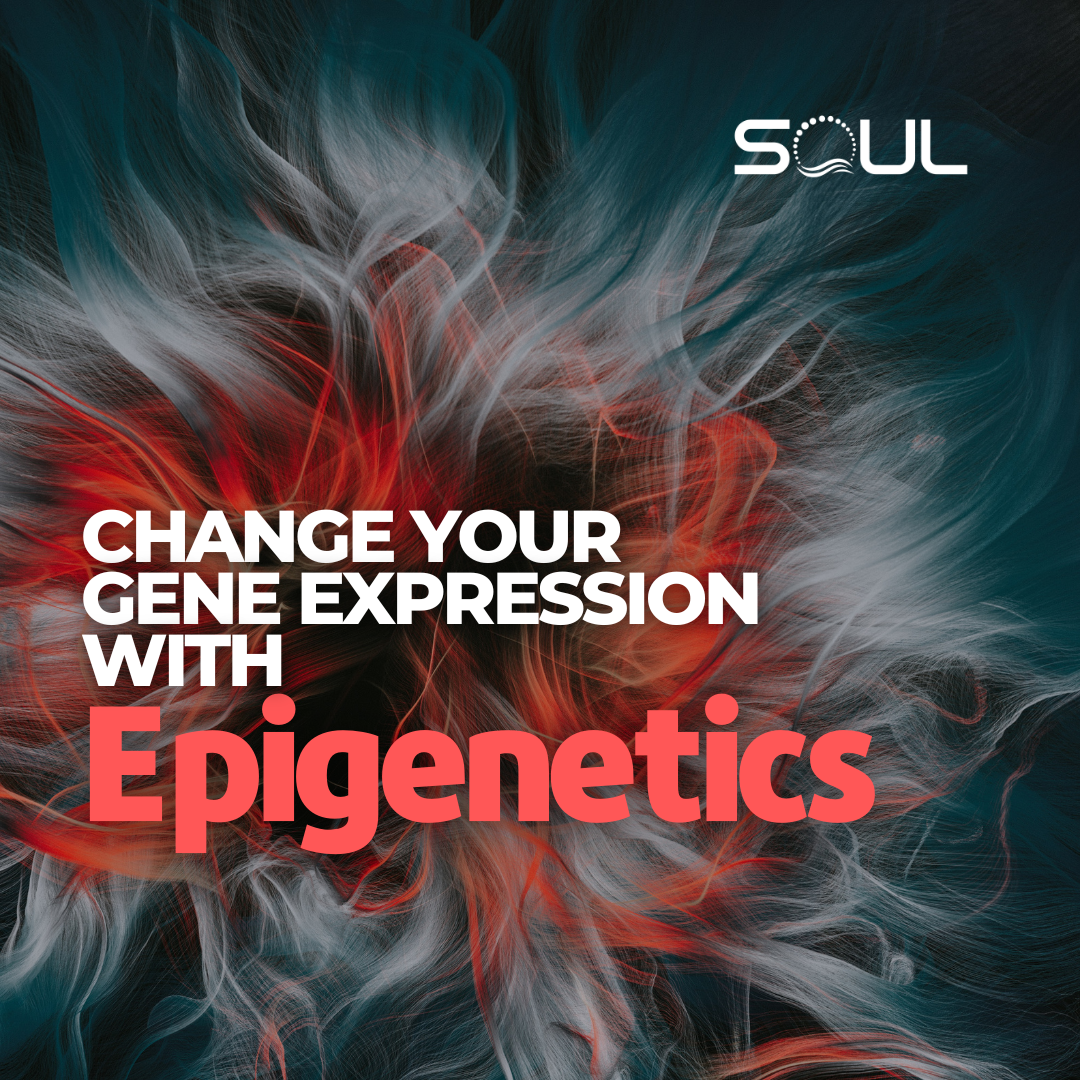
Epigenetics: The Revolutionary Science Redefining Our Genetic Blueprint
Imagine our DNA as a library—a vast collection of instructions, each one holding the potential to shape how our bodies function and respond to the world around us. Now, consider a librarian who decides which books are displayed on the front shelves, highlighted for easy access, and which are tucked away in the archives. That librarian? Epigenetics.
What is Epigenetics?
Epigenetics is the science of gene expression—how, without altering a single letter in our genetic code, the activity of certain genes can be dialed up, dialed down, or completely silenced. Unlike mutations that change the DNA sequence, epigenetic changes act as annotations, influencing how our genetic blueprint is interpreted and executed by our cells.
At its core, epigenetics operates through two main mechanisms: chemical modifications to DNA and histones (the proteins that organize DNA) and the influence of non-coding RNA molecules. The most famous of these chemical modifications is DNA methylation—the addition of methyl groups that act like a padlock, shutting down gene activity by making it hard for cellular machinery to access that region. Similarly, histone modifications can make DNA wind tighter or looser, determining whether a gene is left open like a bestseller in our metaphorical library or locked away in a dusty corner.
But wait—there’s more. Epigenetics doesn’t just work through direct modifications; it also employs tiny molecules called microRNAs, which act like editors, determining whether the messenger RNA (mRNA) of a gene gets translated into protein. Think of it like a stern manager who decides whether or not the printed manuscript sees the light of day. These microRNAs can effectively stifle the production of proteins from specific genes, adding another layer of nuance to our understanding of gene regulation.
Why is Epigenetics Important?
Here’s where it gets truly mind-boggling. Epigenetic changes are not just about gene regulation—they’re a bridge between our genetics and our environment. Studies have shown that environmental factors like diet, stress, and exposure to toxins can trigger epigenetic modifications. Essentially, your experiences can leave chemical "post-it notes" on your genes, affecting their behavior—and potentially the behavior of future generations.
Take cancer, for example. Researchers have discovered that aberrant epigenetic marks can turn off tumor suppressor genes or crank up the expression of oncogenes, setting the stage for unchecked cell growth. In neurological conditions like schizophrenia or autism, altered epigenetic landscapes can impact the genes involved in brain development and function, leading to profound consequences.
Mechanistic Conjecture: Scientists theorize that the cell’s epigenetic machinery acts like a sophisticated thermostat, constantly adjusting gene activity to keep the body in balance. When the thermostat malfunctions—say due to exposure to harmful chemicals or prolonged stress—epigenetic marks can become scrambled, causing the body’s cellular processes to go awry. This could explain why identical twins, who share the same DNA, can sometimes have very different health outcomes depending on their life experiences.
The Bigger Picture
The field of epigenetics doesn’t just answer questions about disease—it challenges some of the most fundamental ideas in biology. Why, for instance, do cells with identical DNA develop into radically different tissues—heart cells versus neurons? How do cells "remember" their roles over time? Epigenetics proposes that it’s not just the genetic code that matters, but the dynamic "reading" of that code, guided by epigenetic markers.
Imagine you are given two identical instruction manuals: one builds a home, the other a skyscraper. The words might be the same, but the sections highlighted and annotated will differ. This annotated reading of the genetic instruction manual allows stem cells to specialize and maintain their identity over time—a phenomenon central to growth, development, and aging.
Epigenetics and the Future of Health
The implications of this field stretch far beyond academic intrigue. As we unravel the epigenetic underpinnings of diseases, new therapeutic possibilities emerge. Could we develop drugs to erase harmful epigenetic marks in cancer cells? Could personalized nutrition strategies help counteract adverse epigenetic changes induced by stress or poor diet? The potential is staggering.
One fascinating line of research suggests that exercise and diet could modify the epigenome to reduce the risk of diseases like diabetes or heart disease. Think of it as fine-tuning the settings on that cellular thermostat, helping it maintain a healthy temperature despite the environmental “weather.”
Conclusion
Epigenetics is rewriting the narrative of human biology. It offers a nuanced view of our genetic code, showing that while our DNA holds the instructions, it’s the interpretation of those instructions that shapes who we are. By exploring the interaction between genes and environment, epigenetics provides a fresh lens to understand not only the origin of diseases but also the dynamic complexity of life itself.
So, whether you’re a scientist or someone with a casual interest in biology, keep an eye on epigenetics. It’s a field with the potential to revolutionize medicine, redefine our understanding of inheritance, and even shift our perspective on what it means to be human. It’s as if we’ve cracked open a book in that genetic library and discovered layers of invisible ink—a whole new narrative waiting to be uncovered.
These statements have not been evaluated by the Food and Drug Administration. This product is not intended to diagnose, treat, cure or prevent any disease. This article is for informational purposes only and is not a substitute for professional medical advice. Always consult your healthcare provider regarding any health concerns or before starting new supplements.
